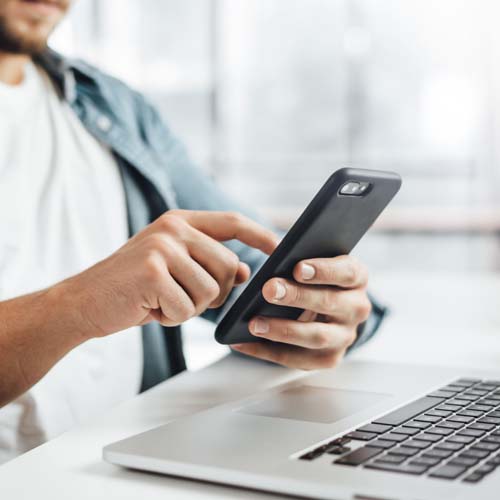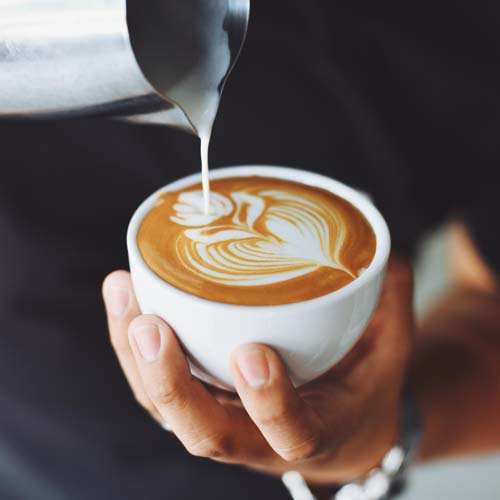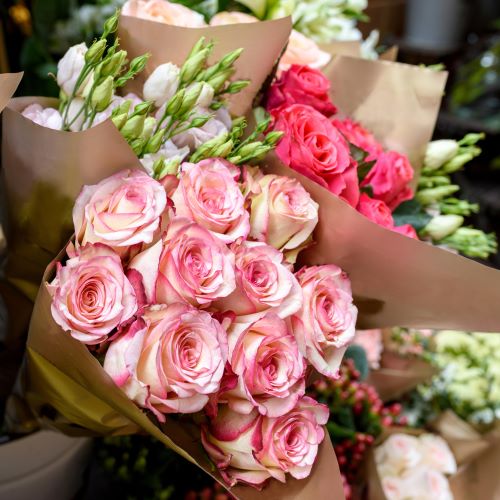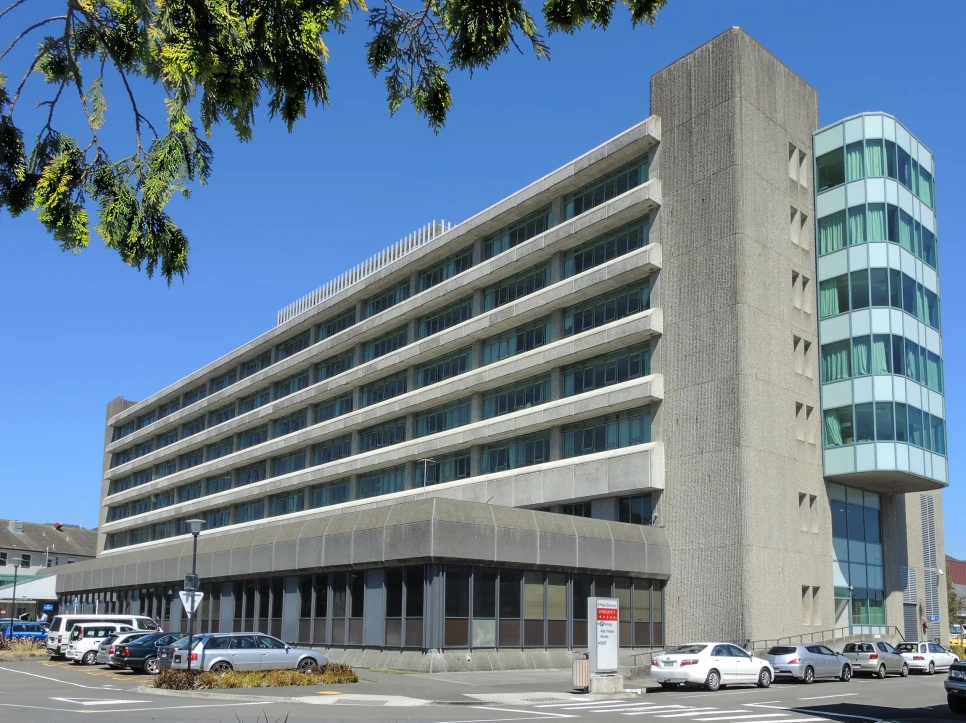After hours and urgent medical centres
If your health emergency is not life threatening, but you cannot wait for an appointment with your usual doctor or healthcare provider, go to an after hours or urgent medical centre. They can help you with things like bad cuts, sprains or breaks, minor head injuries, or if you are feeling really sick. You do not need an appointment but might have to wait.
Lower Hutt After Hours Medical Centre
Phone 04 567 5345
Street address:
729 High Street
Boulcott
Lower Hutt 5010
Lower Hutt After Hours Medical Centreexternal link
Lower Hutt After Hours Medical Centre — Google Mapsexternal link
Opening hours:
- 5:30pm to 10pm, Monday to Friday
- 8am to 10pm, weekends and public holidays.
Contact information
For general enquiries:
- phone: 04 566 6999
- fax: 04 570 9001
Postal address:
Health New Zealand | Te Whatu Ora
Private Bag 31907
Lower Hutt 5040
Visiting hours
Hutt Hospital visiting hours are 2pm to 8pm, 7 days a week for most wards.
If you plan to visit outside of these hours, talk to the patient's ward charge or duty nurse manager if possible.
Some areas of the hospital may not be able to accept visitors at times. Call 04 566 6999 to check.
How to get to Hutt Hospital
The main entrance to Hutt Hospital is on High Street, Lower Hutt.
Hutt Hospital
638 High Street
Boulcott
Lower Hutt 5010
If you cycle, there are bike parking areas on site.
Bus
These bus routes stop at Hutt Hospital:
- 110 — Emerald Hill to Petone
- 120 — Stokes Valley to Lower Hutt
- 121 — Stokes Valley Heights to Seaview.
For timetables and maps, go to the Metlink website.
Train
Epuni Station on the Hutt Valley Line is a 15-minute walk from Hutt Hospital.
For timetables and maps, go to the Metlink website.
National Travel Assistance
The National Travel Assistance Scheme helps people who need to travel long distances or travel frequently for health appointments.
Parking information
The car park building is to the right of the main hospital entrance.
Parking fees
Parking is free for the first 20 minutes. After this fees apply — up to $10 for 5 or more hours.
There is a maximum charge of $25 if you are parked for 48 continuous hours or more.
Hutt Hospital map
Facilities
Wi-Fi
For patients staying overnight, free Wi-Fi is available. Connect to the 'DHBPatientWiFi' network and follow the instructions.

Cafés
The main cafeteria is on the ground floor of the Clock Tower Block.
Opening hours:
- 6:30am to 6:30pm, weekdays
- 9:30am to 6:30pm, weekends.
There is also Café Stat in the foyer of the Clock Tower Block.

Florist
Flowers Everywhere is located inside the main hospital entrance.
To order flowers for a patient:
- phone: 022 391 9298
- order online: Flowers Everywhereexternal link

The Tree Hutt children's area
The Tree Hutt is a children's area in the Hutt Hospital emergency department. It provides visual, sensory and auditory distractions to help minimise any trauma a tamaiti might have from their hospital experience.
Themed on New Zealand's beautiful native flora and fauna, this tamaiti-friendly environment is adorned with murals, activities, books and toys. Tamariki can push buttons to control a train that runs through the treetops. Native birds call as the train travels along the track. A plentiful supply of reading and activity books are on hand. This has all been designed based on the concept of 'distraction therapy.
For many tamariki this is a pleasant distraction from the strange smells, sights, sounds, fears and anxiety that they may not have experienced before. Having the use of a focused and therapeutic area helps tamariki and their whānau to understand and manage the experience of our emergency service.
Patient and visitor information
Disability alerts and health passports give your healthcare providers information about you for your appointment.
Disability alerts
A disability alert adds information about your needs to your electronic patient file. It helps us make sure you can:
- access your appointment
- understand what is happening
- feel safe.
For more information or help with disability alerts:
- email disability@ccdhb.org.nz
My Health Passport
To save you repeating information to your doctor or health and disability services, use My Health Passport. It explains how you want them to communicate with you and help you.
My Health Passport — Health and Disability Commissionerexternal link
Communication graphic cards
NZSL video about communication graphic cards — Vimeoexternal link
These cards are for Deaf and hard of hearing people to use when accessing health services. They are to:
- help you communicate with other people
- make other people aware of different ways to communicate with you.
The cards are the same size as a bank card so that they fit in your wallet. You could also save the image to your phone and show it when you visit.
There are 3 cards that say 'Hello, I'm Deaf' and 3 cards that say 'Hello, I'm hard of hearing' and they have different messages:
- one outlining communication methods
- one asking people to use NZ Video Relay Services
- one asking people to us physical distancing so that face masks can be removed.
Hello, I'm Hard of Hearing cardPDF1.7 MB
Both cards — postcard sizePDF360 KB
Both card – business card sizePDF176 KB
Co-production, user experience testing and research
Co-production involves finding patients who can attend a meeting or series of meetings with the Disability team and other staff to develop a new service or way of working. Sometimes we also ask patients to give us feedback through user experience testing. If you would like to be included in co-production or user experience testing, we would love to hear from you.
If you are a researcher with disability expertise, let us know. We like to work with researchers who are familiar with the rights-based approach to disability. We frequently recommend potential researchers to other departments across the region.
To contact us:
- email disability@ccdhb.org.nz
If you are coming for an infusion:
- come to the endoscopy and medical day stay reception area on arrival on the day of your scheduled appointment
- wear comfortable clothing — preferably something loose fitting around your arm area so that we are able to easily insert an IV line
- pack a lunch — most of the infusions are quite short in duration — an iron infusion takes around 30 minutes, for example — but some or more lengthy infusions (tea and coffee is provided)
- you are welcome to bring someone, but due to space constraints we ask that this is limited to just 1 support person
- let us know as soon as possible if you are unable to keep your appointment so that we can offer it to someone else
- if you need to have a blood test, have this done at least 2 to 3 days before your appointment to avoid delays
- you may need to pay a $5 prescription fee for some infusion, or provide a high user pharmacy card — you will be notified about this upon confirmation of your appointment.
If you are unable to attend your appointment or have any queries, call us as soon as possible on 04 570 9158
We can book an interpreter to support:
- people who do not speak English or do not speak it with confidence
- people who communicate by sign language
- when translation of written information (to or from English) is required
- some interpreter services are available by telephone.
Let the service or ward know if you want to use an interpreter.
Sign language interpreter
You should use a qualified NZSL interpreter in any situations where you make important decisions. These situations include:
- health consultations
- assessments
- treatments
- discussions about which medicines you should have.
The department you are seeing will book the interpreter.
Health New Zealand Te Whatu Ora pays for interpreters for hospital appointments.
iSign pays for interpreters for:
- GP (family doctor) appointments
- ultrasound appointments
You can ask for an NZSL interpreter to be at your appointment. We do not recommend using a family member as an interpreter.
You can ask for a particular interpreter to be at your appointment. If the interpreter you want is not available, you can go ahead with the appointment with another interpreter. Otherwise, you can reschedule it for when the interpreter is available.
If you would like to book an interpreter yourself, contact iSign.
Your options if you cannot get an interpreter
Your healthcare provider will work with you to find the best way to communicate with you.
Some options include:
- New Zealand Relay video interpreting serviceexternal link
- delaying the appointment until you can get an interpreter
- using note writing, online videos, gestures, lip reading, or a family member or friend to interpret — these options can be risky, so only use them as a last resort.
NZSL video about coming to hospital
CCDHB NZSL video about coming to hospital — YouTubeexternal link
We lend hospital equipment to patients to support their recovery, such as:
- crutches
- wheelchairs
- bathroom chairs.
When we lend any equipment we will let you know when you need to return it. This date is agreed with your healthcare provider and is based on the time they estimate you will need it to support your recovery from illness, an accident or surgery.
There is no charge for equipment, or fee if they are returned late.
We appreciate people returning equipment when they no longer need them. This means they are on hand to lend to other patients who need them, and we do not have to spend money buying replacement items, which could spent on providing other health services to our communities.
You do not need to return any personal hospital equipment, such as:
- moon boots
- pressure bandages or strapping
- linen.
You can dispose of these in your rubbish.
If you need your equipment for longer, or cannot return your equipment:
- phone 04 918 6334
- email equipmentreturns@ccdhb.org.nz
Where to return equipment
Return equipment to the Hutt Hospital equipment store, accessible from Gate 4 on Pilmiur Street.
The store is open 8am to 4pm, Monday to Friday.
You can also return equipment to Upper Hutt Physio Clinic.
Upper Hutt Physio Clinic
Level 1
12 Criterion Lane
The clinic is open:
- 8am to 12pm and 1pm to 4pm, Monday to Thursday
- 8am to 11:30am, Friday
If you cannot visit a whānau member or friend in hospital, we can help by:
- getting an email or phone message to a patient
- sending a free card to a patient
- organising a Zoom video call with a patient (if a device is available).
If you would like to do any of these:
- email korero@huttvalleydhb.org.nz
- phone 027 2633 109
The patient welfare team is available 10am to 6pm, Monday to Friday.
You can also send a message using our form.
Send a message to a patient at Hutt Hospital
The chapel is open at all times for reflection and quiet retreat. Chaplains are available 24 hours a day. Please ask our staff if you require assistance at any time.
Sunday service: Ecumenical 10:15am. Everyone is welcome.
There are times when it is helpful to a person's recovery and wellbeing to have a support person stay with them when they are staying on a ward. We call these people kaitiaki under our kaitiakitanga kaupapa | guideline.
This is where a patient can ask for a whānau member or friend to stay outside of visiting times to provide support during their stay in hospital.
This involves a discussion between the:
- patient
- person nominated to be kaitiaki about what this involves
- duty or charge nurse manager.
We aim to support these requests where we can. However this may not always be available:
- in high-risk areas
- if there is a clinical reason
- it would affect other patients in the area.
To find out if this option may be available for you, speak with the patient's duty or charge nurse manager.
The hospital and grounds are all smoke and vape free areas. If you are a patient we can help with nicotine replacement therapy.
Hutt Hospital is a place where staff, patients, whānau and friends work together to care for sick and injured people. We want a safe and calm environment for everyone. We have zero tolerance to violence, aggression or harassment of any kind towards staff, patients or visitors.
This includes:
- intimidation or threats
- swearing
- shouting
- racial or sexual comments
- physical aggression towards people or property.
Please treat everyone with dignity and respect. We all share the same goal — to care for patients. Please treat all our patients, staff and visitors with respect and dignity.
Please respect our rules. These are required to ensure the best outcome for our patients.
Please talk to us if you are feeling frustrated or stressed. Patients get better faster when we use calm voices and work together as a team. Use our whānau spaces or take a break outside if you are overwhelmed.
We want our place to be a safe place for all. We are all responsible for making our place a safe place for everyone.
Ma tini, ma mano, ka rapa te whai — by joining together we will succeed.
